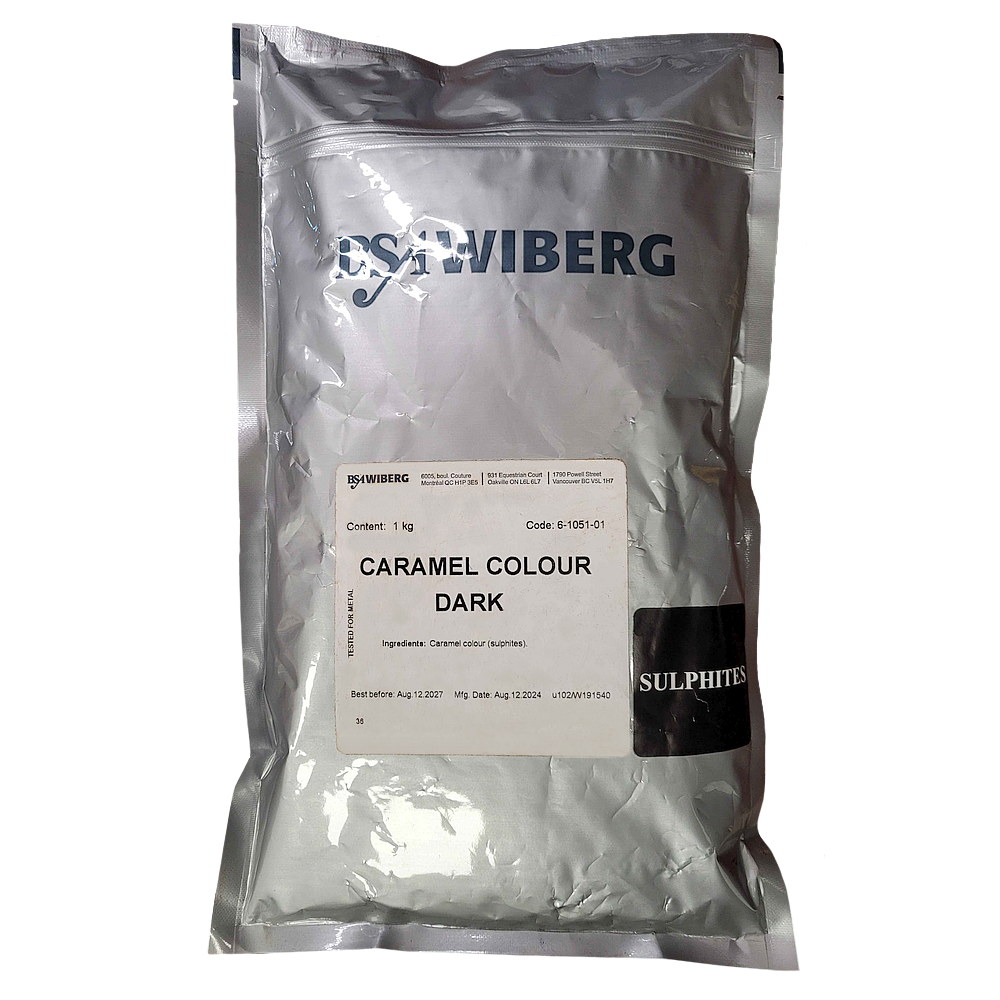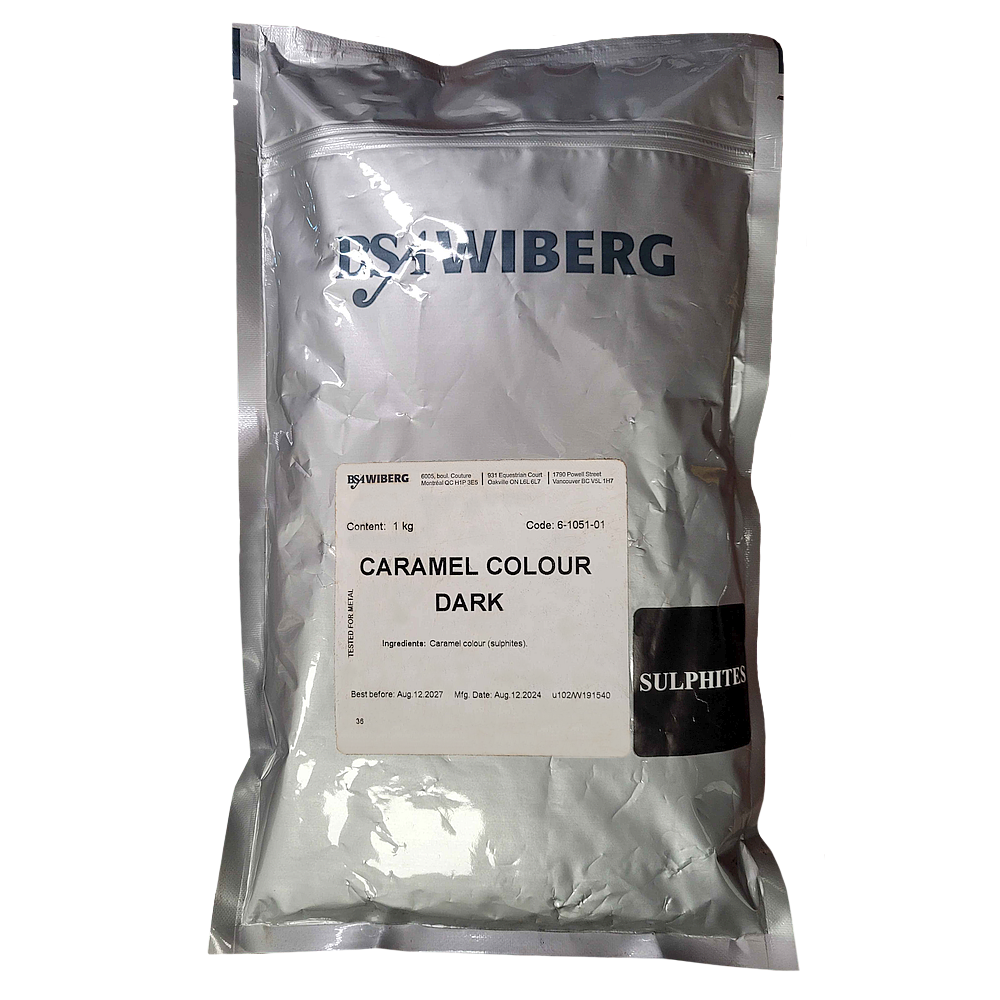1
/
of
1
Wiberg
Caramel Black
Caramel Black
Regular price
$17.95 CAD
Regular price
Sale price
$17.95 CAD
Unit price
/
per
Couldn't load pickup availability
Caramel Color Powder in Meat Processing
- Casing Staining: Dissolved in water to create a solution for soaking casings, giving them a rich, dark color.
- Enhances Appearance: Creates the traditional look of smoked or aged meats without affecting flavor.
-
Application Methods:
- Soaking: Casings are dipped in the prepared solution.
- Spraying/Brushing: Applied directly to meat or casings for precise coloring.
- Common Uses: Ideal for products like Black Forest Ham and smoked sausages.
- Usage Tip: Follow dilution guidelines for consistent and professional results.
Allergens: Sulphite (1750 ppm Sulphite, present in the product).
**Product consistency is extremely fine powder, and can make a mess if not careful.
**though not necessarily in this product - milk & derivatives, mustard, eggs, soy, sulphites & wheat may be in products manufactured on the same line / in the same facility*
Product Code: WIB-6-1051
Here’s a step-by-step guide for customers new to using caramel color powder:
-
Prepare the Solution:
- Start by dissolving 1–2 tablespoons of caramel color powder per liter of water.
- Mix thoroughly until the powder is fully dissolved, creating a uniform staining solution.
-
Soak the Casings:
- Place the casings into the solution and let them soak for 10–20 minutes, depending on the desired depth of color.
- Ensure the casings are fully submerged for even coloring.
-
Apply to Meat (Optional):
- If staining meat surfaces directly, use a clean brush or spray bottle to apply the solution evenly.
- Allow it to dry briefly before proceeding with further processing.
-
Drain and Dry:
- After soaking, remove the casings from the solution and let them drain.
- Pat dry with a clean towel if necessary before filling with meat.
-
Use Proper Labeling:
- If the product contains sulphites from the caramel color, ensure this is clearly stated on the packaging for consumer awareness.
-
Cleanup:
- Rinse all equipment thoroughly after use to prevent any residual staining.
Pro Tips:
- Test on a small batch first to determine the perfect concentration and timing for your specific product.
- Wear gloves to avoid staining your hands during the process.
Share


